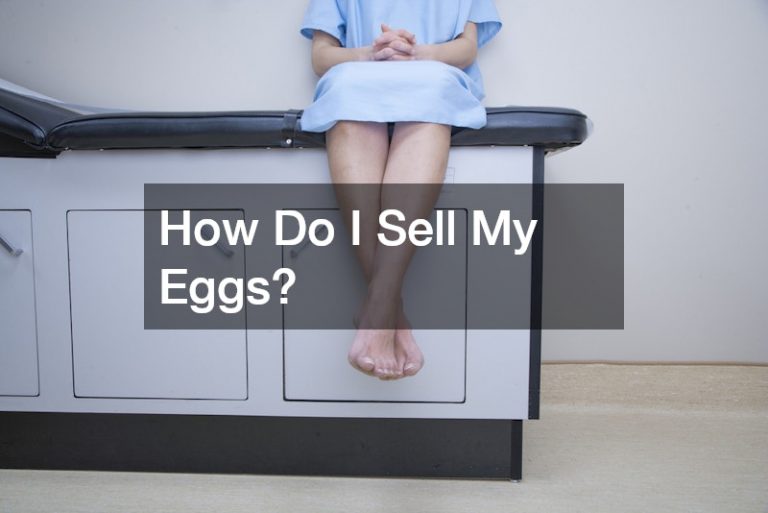Any disease can impede a person’s normal lifestyle. With proper healthcare and social support, people recover from illnesses. They can then resume their normal routine. Some take a long time and need more extensive recovery programs.
But, it is a different thing with a rare disease. This illness is something that strikes fewer than 200,000 people in the United States. European countries define it as a case of fewer than one in 2,000 people. From these statistics, it may hint that there are challenges when people have such an illness. Here are ways to cope when one needs to live with a rare disease.
Take Part in Clinical Trials or Researches
In past years, one challenge of rare diseases is the lack of information and treatment. Improvements took place through technology and the global collaboration of medical professionals.
Recruiting patients of rare diseases for clinical trials or researches is now easier. If you happen to be among those chosen to take part in such medical endeavors, do not hesitate. Sharing your time and experiences could help to understand the rare disease you have. By giving your consent to some initial trials, medical people might discover breakthroughs. These discoveries could benefit you and patients with the same condition as yours.
Find a Specialist
A tricky thing about a rare disease is that it first manifests symptoms that are also in common diseases. Because of this, there are chances of having misdiagnosis at earlier consults. It might take months or even years before reaching a correct diagnosis.
Once you have the precise diagnosis, you must strive to find the medical expert that can help you. This might be another challenge as they are fewer than the common doctor or specialists. You can ask your family physician for some recommendations. You must be ready too for steeper consultation fees. The most essential thing is to find someone that you are comfortable with and someone you trust.
Bring Another Person During Checkups

Getting a diagnosis for a rare disease is often not a one-visit consultation. A patient must undergo batteries of tests to confirm that they have a rare disease. If you are on this journey alone, it might get discouraging even before you get the diagnosis. Thus, it is important to have a trusted companion with you to encourage you.
This companion is even more important after a diagnosis. As a patient, you might get overwhelmed with the information from your specialist. Bringing somebody with you as a second set of ears would help you remember or process some things. Your companion could help you absorb the things that you need to take note of about your condition.
Seek Support Groups
One good thing about social media platforms is the rise of online support groups. Since rare diseases have a small population, it may be hard to find a person who has the same condition. Through online support groups, a patient feels more understood. They could connect with people who share the same journey. They can share experiences, encourage each other in difficulties, and rejoice together.
Some prefer face-to-face support groups. You could ask your specialist for recommendations of support groups you could join.
Learn More About the Condition
They say that knowledge is power. The more that you know about something, it becomes less fearful for you. Thus, an excellent coping mechanism for people with a rare disease is to read more about it. But, be very selective with your resources. Look for credible medical sites or reading materials. It would incite more fear or would cause harm if you absorb the wrong information.
Whatever you learn about your condition, always revert to your specialist. Confirm if this set of information is true. In doing so, you would only have data that is useful for you.
Rise Above It
Any disease could be discouraging. A rare disease could even be more so. There might be a feeling of isolation or hopelessness. When you feel these things, always find the silver lining. Look how far the medicinal field had progressed. Find success stories of patients sharing the same condition as yours. Success might not mean complete healing. Rather, it is the ability to live with a disease and function to its full potential.
A rare disease could feel like a death sentence. But, do not allow such an illness to touch your spirit. Your body may manifest symptoms. But, a strong mental and psychological defense could help you cope. Also, trust the major leaps that science and medicine had gone through.






